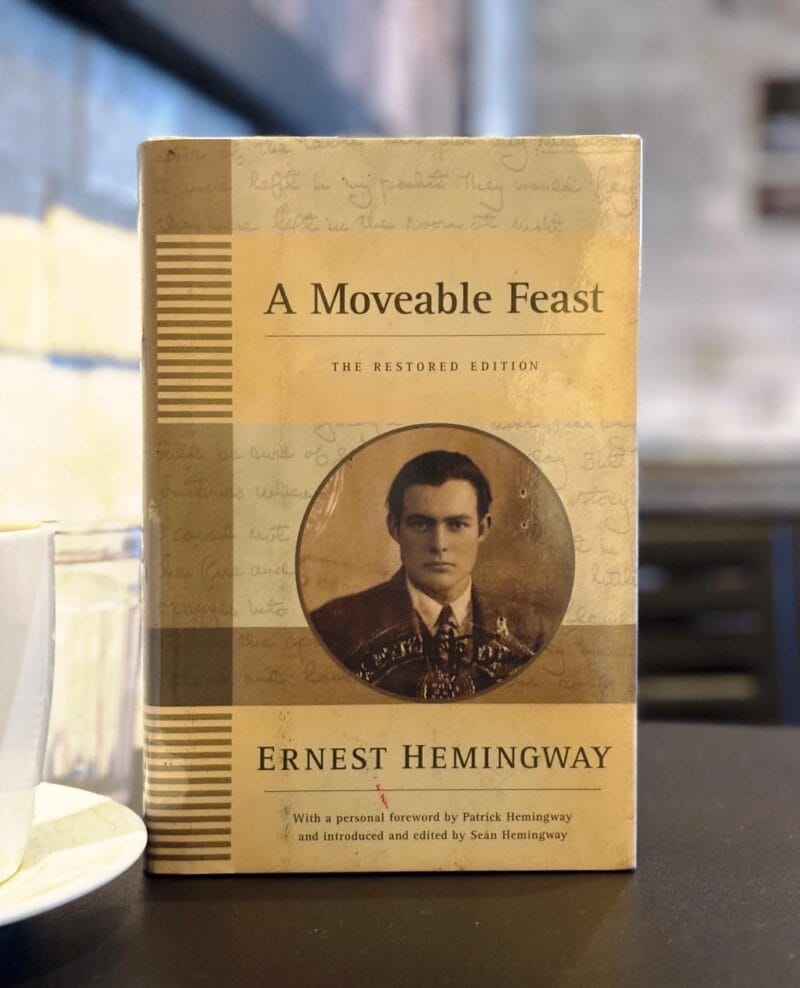Henry David Thoreau’s time at Walden Pond remains a quintessential example of self-sufficient living. In his book Walden; or, Life in the Woods (1854) Thoreau explores the idea of living deliberately, focusing on simplicity and a close relationship with the natural world. His experiment in minimalist living reveals valuable insights into how modern life can benefit from similar principles.
Thoreau built his own cabin and sustained himself through modest farming and self-reliance. His daily activities and reflections, as documented in Walden, highlight the feasibility and rewards of living independently. Self-sufficient living at Walden Pond emphasizes the importance of reducing material dependencies and fostering a deep connection with nature.
Moreover, Thoreau’s experiences demonstrate that self-sufficiency is not just about physical survival but also about achieving spiritual and intellectual growth. His solitary life at Walden Pond allowed him the clarity to contemplate life’s essential truths. This pursuit of a mindful, intentional lifestyle offers timeless lessons applicable to those seeking to simplify their lives today.
Historical Context of Walden Pond
Walden Pond stands as a symbol of simplicity and self-reliance, profoundly influenced by Thoreau’s life and works. During the 19th century, it was a reflection of natural beauty and historical changes.
Thoreau’s Experiment
In 1854, Thoreau embarked on an ambitious project. He built a small cabin at Walden Pond and lived there for two years, two months, and two days. His goal was to live simply and self-sufficiently, away from societal pressures. The experience allowed Thoreau to focus on writing, observing nature, and self-reflection.

His time at Walden Pond culminated in the publication of Walden, a book that detailed his experiment in self-sufficient living. The book remains a foundational work for those interested in minimalism and natural living. Thoreau’s writings emphasize the importance of individualism and sustainability.
Walden Pond in the 19th Century
In the 19th century, Walden Pond was a part of Concord, Massachusetts, known for its natural beauty and tranquility. The area attracted writers, thinkers, and naturalists, who found inspiration in its serene environment. Thoreau’s influence played a significant role in its recognition.
The pond’s pristine environment was maintained by local efforts, as the community valued it for recreation and inspiration. Even today, it serves as a reminder of the 19th-century emphasis on preserving natural landscapes amidst an era of industrialization and growth.
Walden Pond’s historical significance goes beyond Thoreau, as it reflects broader cultural and environmental shifts of the time.
Principles of Self-Sufficient Living
Self-sufficient living at Walden Pond, as exemplified by Thoreau, emphasizes sustainable practices and maintaining autonomy in daily life. This section explores these core principles with a focus on reducing dependence on external resources and fostering an efficient, minimalistic lifestyle.
Sustainability and Minimalism
Thoreau’s time at Walden Pond highlights the importance of living sustainably. Sustainability entails using resources sparingly and responsibly in order to preserve them for future generations. Thoreau practiced minimalism by limiting his possessions to essentials and advocating for a simpler, less cluttered lifestyle.
He built his cabin with minimal materials, relying largely on items repurposed from elsewhere. Gardening provided much of his food, reducing the need for purchasing goods. Thoreau’s emphasis on subsistence farming and reusing materials is vital for achieving a self-sustainable life. This approach minimizes waste and promotes a more environmentally conscious way of living.
Autonomy in Daily Life
Self-sufficient living also requires a high degree of autonomy. Thoreau exemplified independence by managing most of his daily needs. He fetched his own water, chopped his firewood, and grew his own food. Autonomy fosters a deeper connection with one’s environment and enhances personal resilience.

Daily tasks such as building, growing food, and maintaining shelter offered Thoreau the freedom to thrive independently. This approach reduces reliance on external systems and markets, ensuring that individuals can support themselves even in challenging conditions. The principle of autonomy is central to cultivating a self-sufficient lifestyle.
Thoreau’s book remains a significant work, illustrating the principles of self-sufficient living and their broader cultural impacts. The book influenced both environmentalism and the simplicity movement, with Walden Pond serving as a powerful symbol.
Walden Pond represents more than just a location; it symbolizes the pursuit of a sustainable and introspective life. Thoreau’s experiment in living simply and deliberately at the pond underscores the importance of self-sufficiency.
The pond has become an enduring symbol of the relationship between humans and nature. It serves as a reminder of the rewards of simplicity and the enduring legacy of Thoreau’s philosophies on self-sufficient living. The site now attracts visitors and scholars who seek inspiration from Thoreau’s principles. Managed by the state of Massachusetts, it remains preserved as a cultural and historical landmark.
Selected Passage with Analysis
For more than five years I maintained myself thus solely by the labor of my hands, and I found that, by working about six weeks in a year, I could meet all the expenses of living.
Page 84, Walden by Henry David Thoreau
Thoreau’s passage reflects his experiment in reducing life to its essentials, emphasizing the themes of simplicity, self-reliance, and economic independence. His discovery that six weeks of labor suffices to meet a year’s needs challenges the necessity of constant work and excessive consumption. This revelation highlights an alternative lifestyle — one where the focus shifts from material accumulation to the pursuit of freedom, time, and meaningful living.
Thoreau critiques the industrial economy, which he saw as chaining individuals to artificial desires and perpetuating a cycle of unnecessary toil. He argues that true wealth is found in reclaiming time for reflection and intentional living. By relying on the labor of his own hands, he not only demonstrates self-sufficiency but also reaffirms his commitment to living in harmony with nature, free from the distractions of an increasingly mechanized society.
For contemporary readers, the passage offers a profound challenge: to reconsider the relationship between work, consumption, and fulfillment. In an era where productivity often eclipses purpose, Thoreau’s experiment serves as a timeless reminder of the possibility of a simpler, more intentional life — one that values autonomy and the pursuit of deeper connections over the trappings of modernity.
Further Reading
Henry David Thoreau on Reading Deliberately by Farnam Street Media
Thoreau on Nature and Human Nature, the Tonic of Wildness, and the Value of the Unexplored by Maria Popova, The Marginalian
The Moral Judgments of Henry David Thoreau by Kathryn Schulz, The New Yorker
Skimming Walden Pond by Mark Ernest Pothier, Medium




